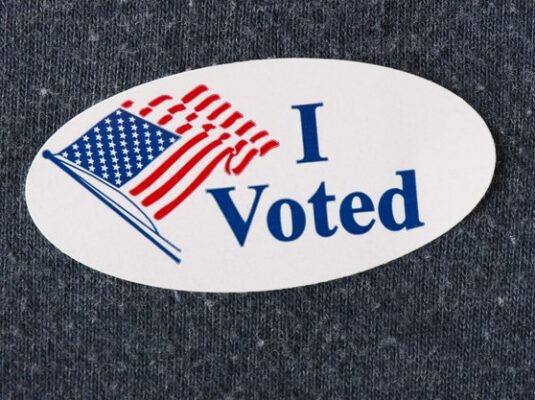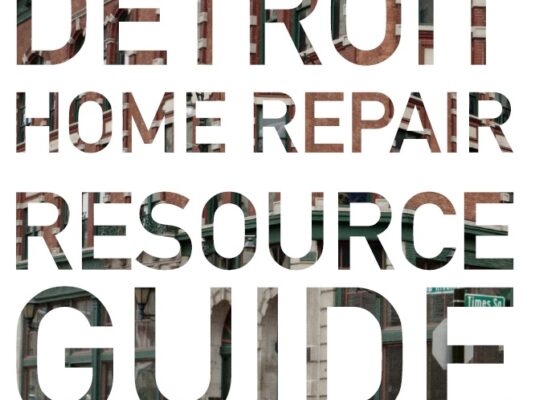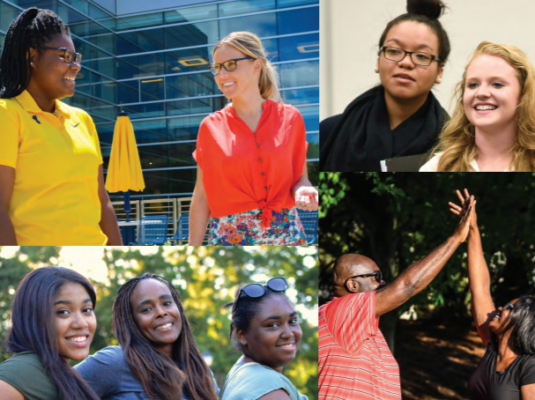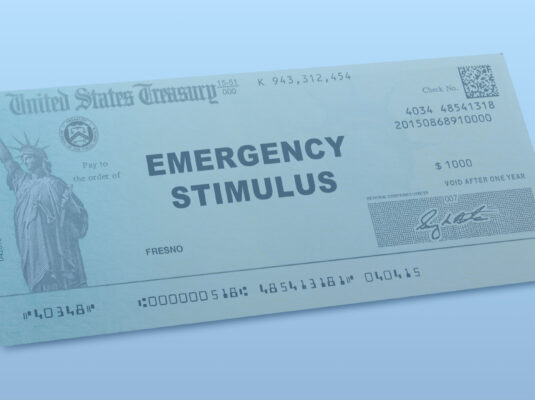
2024 Election Issue Guides: Poverty on the Ballot
Poverty should be part of every candidate’s platform this election year. The 2024 election is an important opportunity to consider how our society addresses poverty and related issues, from the national to the local level. As a public institution and nonprofit, Poverty Solutions at the University of Michigan is a non-partisan entity. Our goal is to provide Michigan voters with reliable information on poverty issues, so they can better engage with policymakers, candidates, and each other to advance the prevention and alleviation of poverty.







